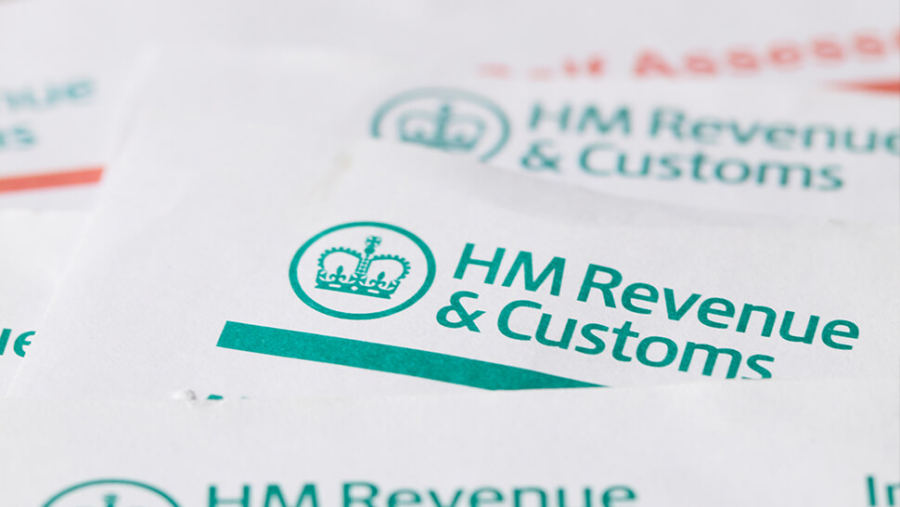

As HMRC makes its first arrests for alleged furlough fraud, we review the law and offer advice on what people should do if they fall foul of it or are challenged.
The Chancellor Rishi Sunak is now set to include new legislation in the Finance Bill giving HMRC new powers to investigate where the strict rules for claiming the Coronavirus Job Retention Scheme (CJRS) grant may have been broken.
The new legislation could prove costly both for employers and individuals (for example, officers of limited companies), even if only in terms of responding to HMRC’s enquiries or investigations, and demonstrating that claims under the CJRS were valid.
The new legislation is currently at report stage. Its purpose is to ensure grants provided to help businesses, employers and individuals (including partnerships) are considered taxable income, including the CJRS, but also the Self-Employment Income Support Scheme (SEISS) and the Coronavirus Statutory Sick Pay Rebate Scheme (CSSPRS).
Whether tax is actually chargeable will depend on the overall tax position in each case.
Compliance and enforcement powers
Very significantly, the provisions also provide HM Revenue and Customs (HMRC) with wide additional compliance and enforcement powers in relation to CJRS and SEISS.
This could affect a wide range of people, including limited liability partnerships and those connected to an insolvent company who are jointly and severally liable for the company’s tax liabilities arising from a deliberate act to claim or retain amounts of CJRS payments for which the company is not eligible.
The following conditions must apply, in the opinion of the HMRC officer, before HMRC may issue a notice:
- The company has entered into an insolvency procedure, or there is a serious risk it is going to do so
- The company is liable to income tax (under paragraph 8)
- The person to whom the notice is issued was responsible for the management of the company at the time the income tax liability arose, and knew it was not entitled to the amount of the coronavirus support payment
- There is a serious possibility some or all of that liability will not be paid.
As businesses are continually having to evolve in response to the pandemic and workers are moving in and out of furlough, it as a matter of real concern as to how HMRC can possibly understand the fast-changing picture sufficiently well in order to take reliable, reasonable decisions in each unique case.
HMRC’S powers
The new provisions will allow HMRC to use information and inspection powers, both to check a SEISS or CJRS claim has not been overpaid and to ensure that a CJRS payment has been genuinely used to pay employment costs.
Furthermore, HMRC is likely to gain the following additional powers:
- to recover tax payments, by imposing a 100% tax charge, both from anyone who has received a payment under the schemes to which they are not entitled and from anyone who has not used a CJRS payment to pay employment costs.
- to charge a penalty where an applicant has received a payment to which they are not entitled, knew that they weren’t entitled at the time and did not tell HMRC of their non-entitlement before the end of the notification period.
- to make an officer of an insolvent company jointly and severally liable for the income tax charge raised in relation to any CJRS payment to which the company was not entitled or any CJRS payment which was never intended to be used to pay employee costs, PAYE, NICs and make pension contributions (in certain circumstances).
(Those circumstances are where the officer of the company is culpable for making a deliberate CJRS claim to which the company was not entitled, where the company enters insolvency and where HMRC can meet certain tests showing there is a serious risk that the company will be unable to pay the income tax assessment.)
HMRC will offer only a 30-day window period for those who have committed fraud through the furlough scheme to confess – while we await with interests the effect of such wide-ranging powers, it is possible that, without reasonable care by HMR, these powers could cause a great deal of additional distress to taxpayers in already difficult times.










